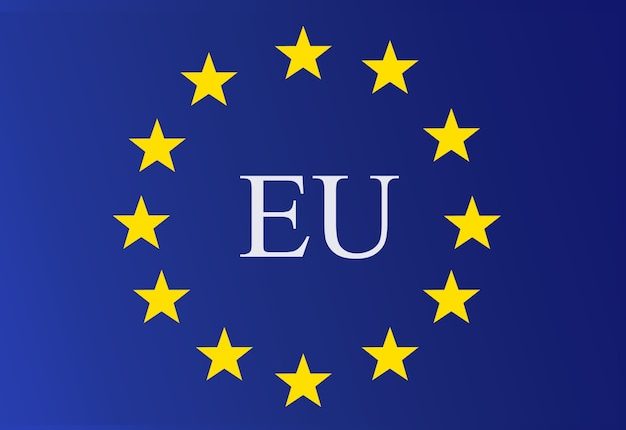EU Allocates €201m In Humanitarian Aid For Nigeria, Sahel, Others
The European Union has announced €201 million in humanitarian funding to support the most vulnerable people affected by the humanitarian crisis in Burkina Faso, Cameroon, Chad, Mali, Mauritania, Niger, and Nigeria. This funding will address food security, malnutrition, healthcare, protection, water, sanitation, hygiene, shelter, education, and transportation needs.
EU Commissioner for Crisis Management, Janez Lenarčič, emphasized the urgency of the situation, stating, “Insecurity, violence and over a decade of armed conflict is driving communities in the Sahel and Lake Chad regions to new depths of suffering.
“Today, over 35 million people across these regions are in need of aid, while the humanitarian crisis is now spilling over into West Africa’s coastal countries.
“At the same time, we are facing an increasingly shrinking response capacity and humanitarian access.
“It is therefore crucial that the international community scales up its efforts to bridge the growing gap between human need and available resources.
“The EU is doing its part by increasing its pledge for 2024 to over 200 million euros across the two regions. I urge the rest of the international community to play it part.”
The funding will support humanitarian projects in:
– Mali (€24 million)
– Niger (€24.6 million)
– Chad (€57.9 million)
– Nigeria (€31.5 million)
– Mauritania (€5.7 million)
– Burkina Faso (€26.9 million)
– Cameroon (€21 million)
The humanitarian situation in the Sahel and Lake Chad regions is alarming, with over 35 million people in need of assistance.
Despite this, the crisis remains largely underfunded, with humanitarian appeals receiving only about one-third of the required funds in 2023.
The funding will also support the response to epidemics and population movement through the Emergency Toolbox, an instrument dedicated to emergency response for vulnerable people outside the EU.
The delivery of aid and access to local populations in conflict-affected areas remain limited due to restrictions and bureaucratic impediments. The humanitarian community is still present, but the assistance provided is not sufficient to cover the needs.
The EU’s funding aims to bridge the growing gap between human need and available resources, urging the international community to scale up its efforts to address the crisis.


